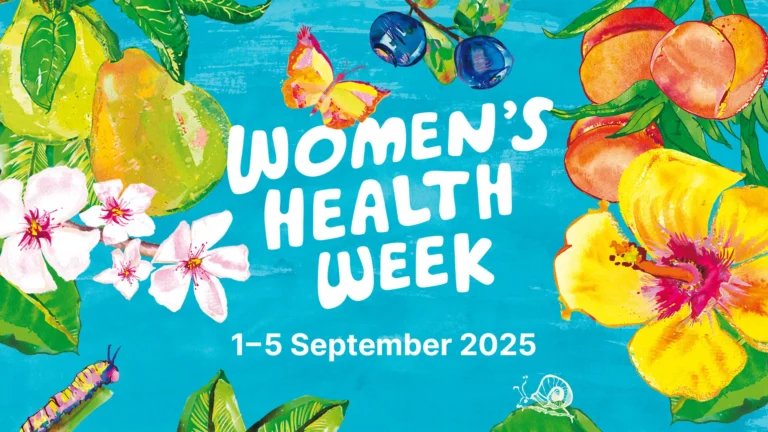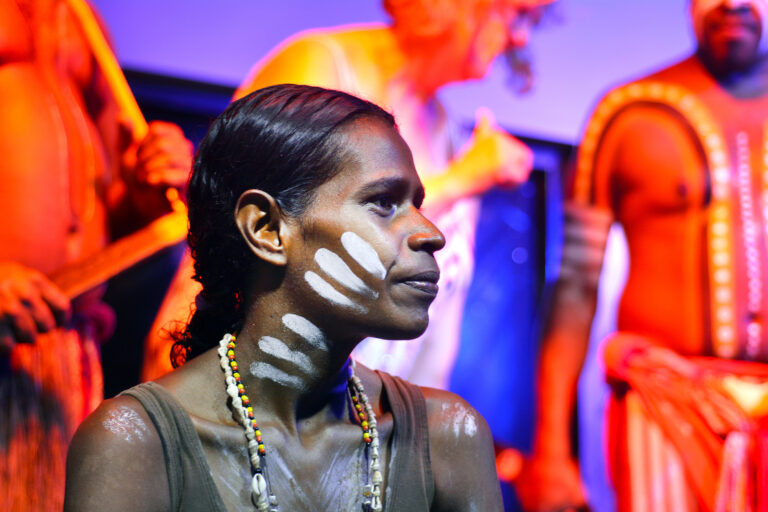Men’s Health Week 2025, taking place from 9-15 June, is a vital opportunity to spotlight the health challenges faced by men and boys across Australia and globally. It highlights the value of connecting with healthcare professionals and seeking support from others to improve men’s overall health and wellbeing.
Why Men’s Health Week Matters
On any given day, 9 Australians take their life, according to Lifeline. With 75% of suicides occurring in men, this equates to seven Australian males taking their lives each day. While such figures are understandably alarming, they form just one part of the overall men’s health picture. Figures from the Men’s Health Week 2025 website indicate the health of Australia’s male population is startlingly poor. Among the key alarming statistics are indications that most men are not physically active enough, opening the door for immense health complications, like heart disease, the leading killer of men. Another health problem facing men is diabetes, with over 1 million Australian males diagnosed with diabetes, a disease they are 50% more likely to die from compared to other population groups.
Then there are the mental health issues facing Australian men. On top of the aforementioned suicide rates, several alarming figures provided by the Men’s Health Week website paint an alarming picture of the problems facing men. These include:
- 1 in 3 men are experiencing loneliness
- Loneliness is as bad for your health as smoking 15 cigarettes a day
- Having no mates is linked with poor heart health and increases your risk of suicide
How You Can Help
This Men’s Health Week, there are a range of ways you can help fight against declining male health and inspire positive change. One key way is through fostering conversations with the men in your life, not only to check in and see how they’re doing, but just to chat.
According to Sam Parker, founder of men’s health charity Grab Life By The Balls, “the most preventative approach out there, particularly for men’s health and wellbeing in the suicide and mental health space, is waiting for someone to have enough things going on that you ask them ‘what’s going on? Are you okay?”
“What we’ve found over the years is that the informal, laid back, no agenda besides connecting, social events fostered and created an environment that somehow led to positive change,” he explains.
“It led to guys walking away happier, guys crediting us with saving their life, even though we didn’t have that ballsy conversation or that express your feelings kind of conversation.”
On top of these conversations, you can attend or host an event during Men’s Health Week to promote changing perceptions around male health.
To find out more about Men’s Health Week, visit www.amhf.org.au



